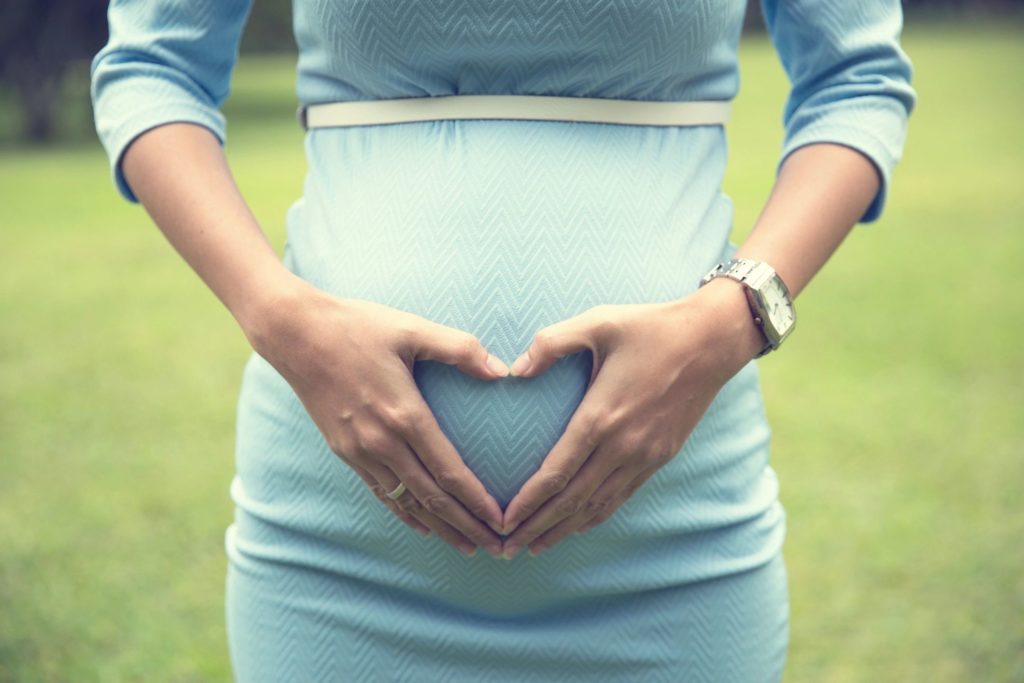Much like estrogen or thyroid hormones, Vitamin D is essential for health and reproductive function. Unlike estrogen and many other hormones, we get most of our Vitamin D from the sun.
While the body does absorb vitamin D from foods like fatty fish, cheese and egg yolk, it is only in very small amounts. Because of this, many people still have low vitamin D due to lack of sun. In addition, modern society is encouraged to avoid the sun often working long hours inside, limited walking and living in colder climates. This leaves us covered from head to toe for most of the year and impacts our Vitamin D levels.
Does Vitamin D Impact Chances Of Pregnancy?
If you have a Vitamin D deficiency it can have a direct effect on trying to become pregnant. Several studies have linked Vitamin D levels of 30 ng/mL or more to higher pregnancy rates.
In women undergoing in vitro fertilization, low vitamin D has been linked to lower pregnancy rates. Most clinics do a screening at the beginning of your treatment to test your Vitamin D levels.
For example, Polycystic Ovary Syndrome (PCOS) is just one condition that had been linked to Vitamin D. With PCOS, women have difficulty ovulating, have extra male-type hormones, and are at an increased risk of insulin resistance (possibly diabetes). Low vitamin D has been linked to many of the same symptoms seen in PCOS.
Does Low Vitamin D Impact Men’s Fertility?

If men have low Vitamin D, they are also at risk of having a reduced chance of impregnating their partner.
With sperm, it’s important that men have a good motility rate. This means that sperm can move and swim well so that they can ultimately reach the egg. Semen analyses in men with low vitamin D have shown lower motility of sperm. This can lead to a reduced chance of pregnancy without assistance.
If we look at men with low Vitamin D levels but a normal semen analyses, we find that pregnancy rates are lower than if we compare normal Vitamin D levels.
There have also been animal studies that suggest a low Vitamin D level may make it hard for the sperm to fertilize the egg. However, there are not a large number of studies that look at men’s fertility in relation to how Vitamin D levels may improve these issues. More data is definitely needed.
Vitamin D During Pregnancy

Ultimately, your goal is to become pregnant and have a healthy baby. Women with low Vitamin D in pregnancy have a higher chance of developing the following:
- Diabetes during pregnancy
- Pre-eclampsia (a condition where the blood pressure rises dangerously and the baby may need to be delivered urgently)
- Increased risk during C-section
- Potential long term effects on the baby including asthma, abnormal brain development, heart and kidney problems. Please note, these risks have mainly been studied in animals and we need further data to truly understand the effect in humans.
In addition to Vitamin D, it’s also important to eat a well-balanced diet, exercise regularly, getting consistent and sufficient sleep, stay hydrated, and take time to focus on your mental health.
Being nutrient deficient can impact your body’s ability to become pregnant and is not ideal for your growing baby. Vitamin D is one measurable element of your nutritional status that can be improved with lifestyle modifications (such as getting out in the sun).
One way to boost your Vitamin D intake it to plan a quick trip to a sunny location like the Cayman Islands or Barbados. Take the opportunity to access a beautiful beach and give yourself a chance to reduce stress and increase your healthy lifestyle while undergoing treatment.
Sincerely,
The Destination Fertility Team
